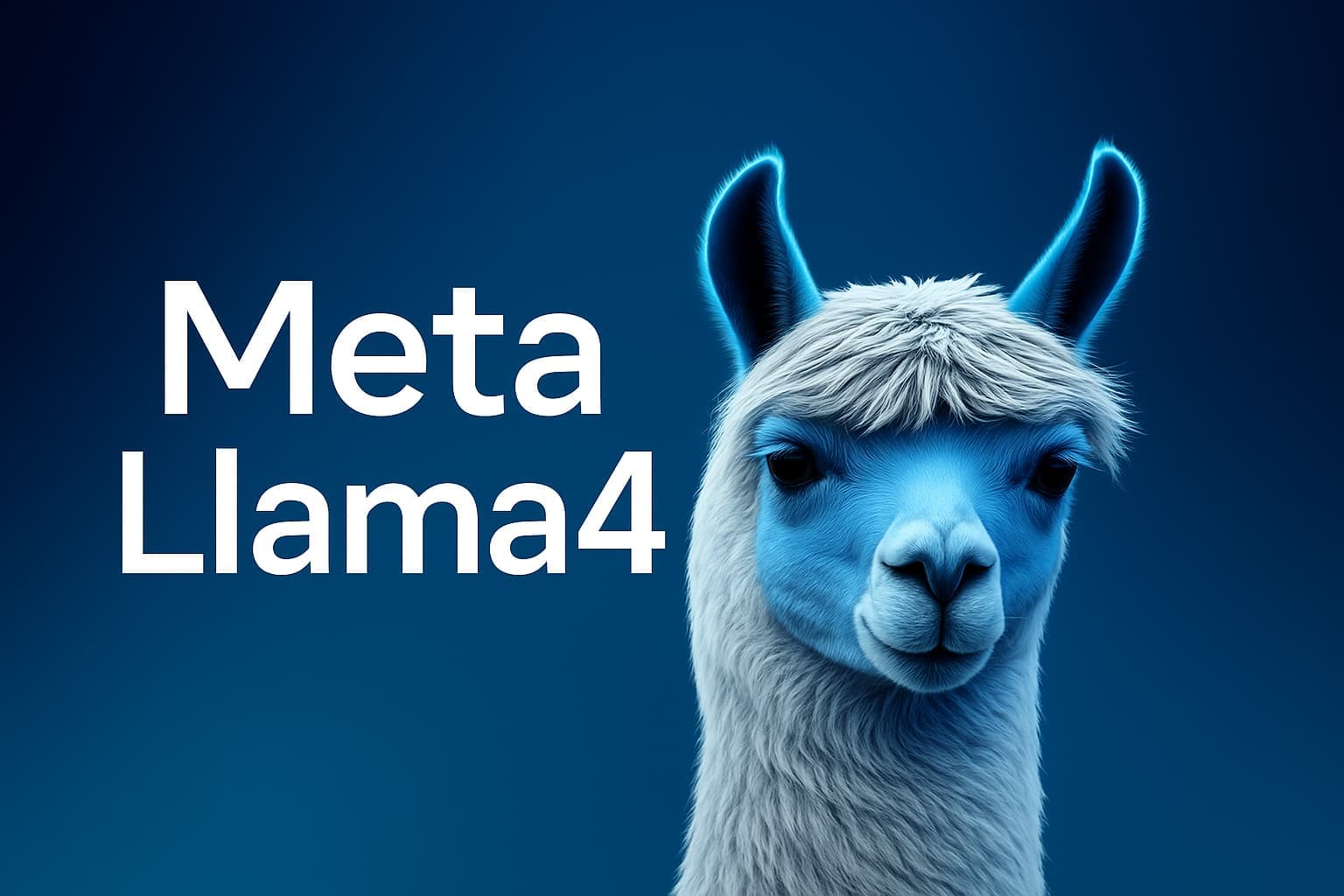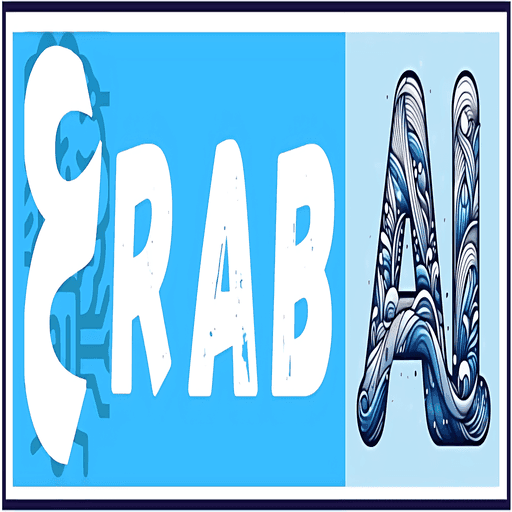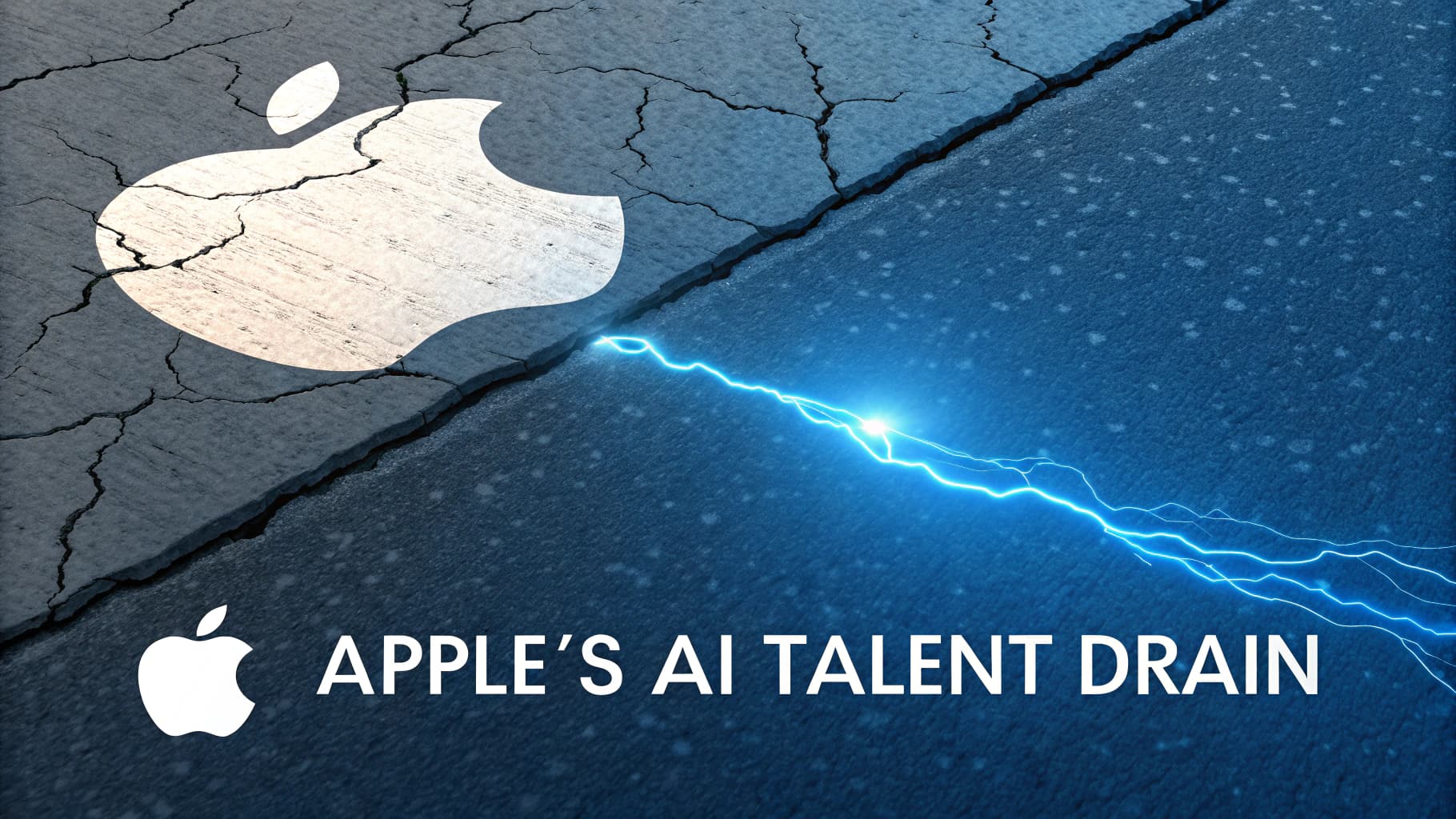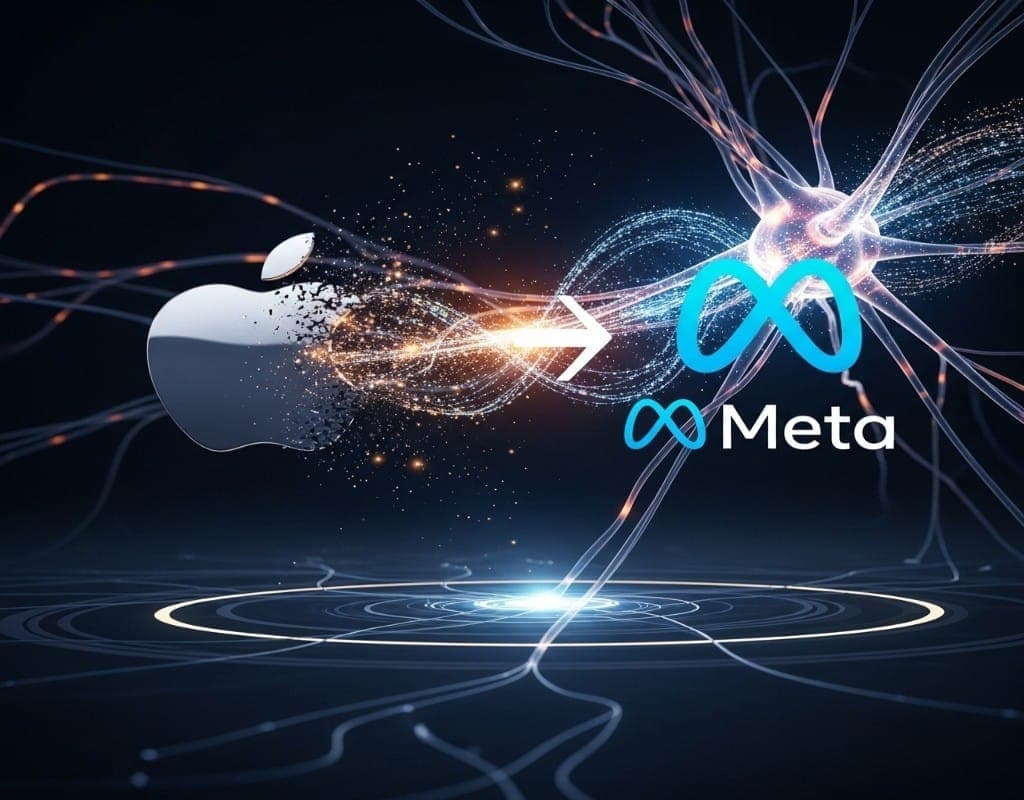
Meet Llama 4: Meta’s Most Powerful New AI Models
In a surprising weekend announcement, Meta unveiled the fourth generation of its Llama models.
The Llama 4 series introduces four new models: Scout, Maverick, Behemoth, and an upcoming model dedicated to logical reasoning, expected to be revealed soon.
This strategic move underscores Meta’s commitment to strengthening its position in the open-model arena, especially in response to the impressive performance of Chinese models like DeepSeek, which has prompted Meta to accelerate its development efforts to keep pace with the intensifying competition.
Meta has transitioned the architecture of Llama 4 to a “mixture of experts” (MoE) approach, a method that conserves resources by activating only the necessary parts of the model for a specific task.
Llama 4 Models
Maverick: Creative tasks
Maverick stands out as the most robust among the current models, featuring 128 active experts and 17 billion active parameters out of a total of 400 billion.
This model is tailored for creative tasks such as text generation and responding to inquiries.
Internal tests by Meta indicate that Maverick excels in areas like multilingual translation, image comprehension, code analysis, and handling extensive contexts.
It has been benchmarked against major models like OpenAI’s GPT-4o and Google’s Gemini 2.0, surpassing them in certain programming and logical metrics.
However, it has not yet achieved the performance levels of models like GPT-4.5, Claude 3.7, or Gemini 2.5 Pro.
Operating Maverick requires advanced systems such as Nvidia’s H100 DGX.
Scout: Lighter and More Flexible
Scout is a more lightweight model, with a total of 109 billion parameters and 16 active experts, matching the number of active parameters.
This design allows Scout to operate efficiently on a single Nvidia H100 GPU, unlike Maverick, which necessitates more advanced DGX systems.
Scout’s unique capability to manage long-context content up to 10 million tokens is unprecedented in the industry, enabling exceptional performance in summarizing lengthy documents and analyzing complex codebases.
Its efficiency on a single GPU enhances its appeal to developers and companies with limited computing resources.
Behemoth: The Smartest
Behemoth is still under training and is described by Meta as one of the most intelligent language models globally.
It boasts 288 billion active parameters and approximately two trillion total parameters.
Preliminary internal tests suggest that Behemoth outperforms models like GPT-4.5, Claude 3.7, and Gemini 2.0 Pro in assessments related to mathematical and engineering skills, though it has not yet surpassed Gemini 2.5 Pro.
Behemoth is intended to serve as a “teacher” model for training future AI generations at Meta.
Llama 4 Reasoning: Upcoming Logical Model
An additional model, Llama 4 Reasoning, specialized in logical inference, is anticipated to be launched soon.
CEO Mark Zuckerberg has indicated that more information about this model will be available next month.
It is expected to follow a similar approach to OpenAI’s o1 and o3-mini models, which verify the accuracy of their responses, known for high precision, albeit with slower response times.
Accessing Llama 4
Meta has made Maverick and Scout available for direct download from Llama.com or through their Hugging Face model page.
They have also been integrated into the Meta AI ecosystem, including applications like WhatsApp, Messenger, and Instagram Direct Messages.
Currently, the multimodal features (images, video) are limited to the United States and are available only in English.
Additionally, the Groq.com offers free access to Scout for users to experience through its platform.
Licensing Restrictions
The licenses accompanying Llama 4 models include some notable restrictions.
They prohibit users or companies within the European Union from using or distributing the models, likely due to complex AI and data protection regulations in Europe.
Furthermore, companies with more than 700 million monthly active users must obtain a special license from Meta, a process that the company handles at its discretion without a commitment to approval.
Enhancements in Llama 4 Responses
Despite Llama 4’s capabilities, its most significant feature may be Meta’s strategic shift in how the models handle sensitive topics.
While previous versions declined to address controversial political or social issues, the new models demonstrate a broader and more balanced responsiveness, according to the company.
Official statements indicate that Llama 4 now provides “more helpful and realistic responses without judgment,” accommodating diverse user perspectives, including various political viewpoints.
This development comes amid ongoing accusations of bias in competing models from prominent figures in the U.S. political landscape, who have criticized models like OpenAI’s for perceived political leanings.
Experts note that bias in language models is a deeply rooted technical challenge, affecting even projects that claim neutrality, such as Elon Musk’s xAI.
In conclusion, the announcement of Llama 4 reflects Meta’s ambitious efforts to build an integrated system of models capable of handling text, images, and video flexibly and efficiently.
With the upcoming LlamaCon conference, further details are expected, particularly regarding the forthcoming logical reasoning model.




